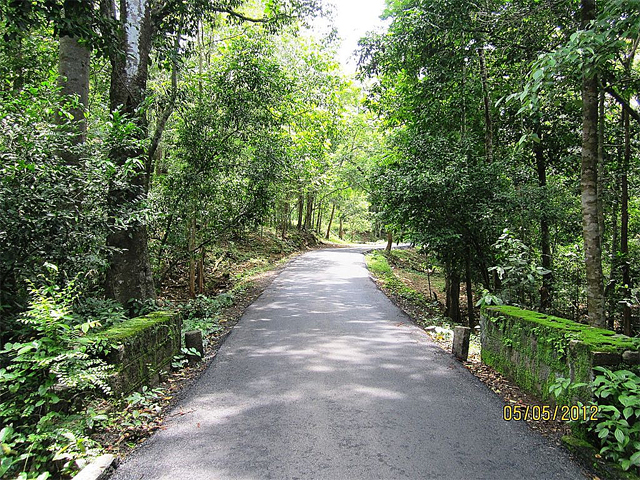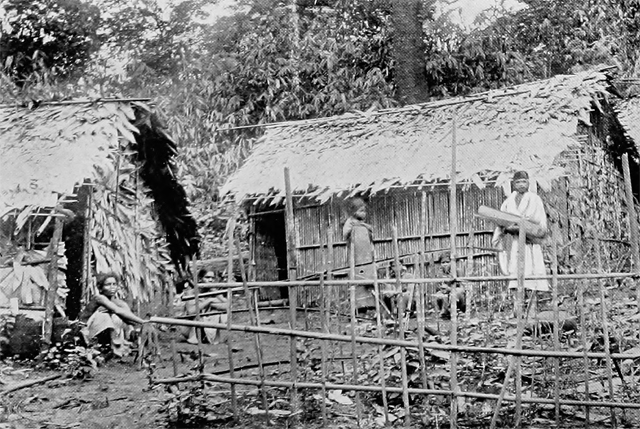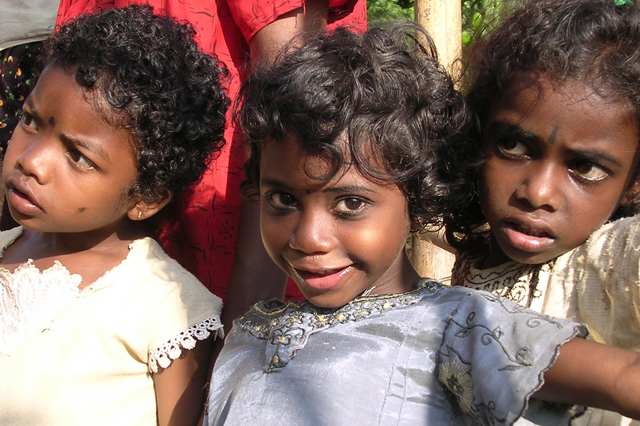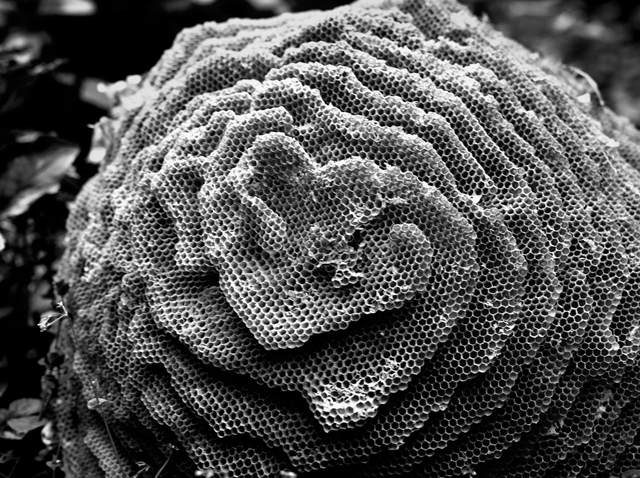Last week The New Indian Express sent a reporter into a Kadar colony in Kerala to see how the tribal people there were reacting to the prospect of voting. The third phase of the Indian General Election was scheduled to include the state of Kerala on April 23. The Kadar whom the reporter interviewed expressed utter distain for the voting. It does no good anyway.

The reporter, Manoj Viswanathan, visited Mukkampuzha, a colony, he writes, of around 4,000 tribal people, 90 percent of whom are Kadar. It is located in the Vazhachal Forest Division of Kerala. The colony is fairly near the Poringalkuthu Dam, a facility which attracts herds of elephants that tend to damage human structures.
Manoj writes that the Kadar much prefer the pleasures of living close to nature rather than those of town life—much more engaging than the obsession that the rest of the country has with its elections. While other citizens talk about the polls, the Kadar focus on honey bees. The honey that they harvest in the forest makes a much more significant difference in their lives than the politicians ever could, they feel.

One Kadar man, Sasidharan, expressed his opinions to the reporter. “What good can elections bring us? We’ve to strive for our livelihood. Politicians give tall promises and vanish after [the] polls.” He pointed to the houses and said they were leaking. The government awards contracts for work to be done but the contractors use only poor-quality materials.
He said that they have decided against voting in the coming election unless the candidates promise them good houses and good land for cultivation. He mentioned an area near the Vachumaram colony where they could be given land to cultivate—so they could earn a living. While he is a branch committee member of the CPM party, he still doesn’t mind stating that politicians betray the tribal people.

Another person the reporter interviewed, Sivan, said the colony has a severe scarcity of drinking water. The people also do not make much progress due to their lack of education. Sivan added that while many of the Kadar do complete class XII schooling, they are not willing to go on to college. Instead, they take jobs in nearby towns as laborers so they can continue living in the forest, which they prefer anyway over indulging in expensive luxuries. Some young people, however, have started consuming alcohol.
But the calendar for voting happens to conflict with the honey-gathering season, which has just begun for the Kadar in Pokalapara, Mukkampuzha, Poringal, and Vachumaram as well as in Vazhachal. Young people go out into the forests from those settlements to spend weeks searching for honey. The reporter, clearly a city person, describes the places where the Kadar look for honey as “treacherous forest paths where elephant herds, wildcats and scary bear roam.”

The head of the Pokalapara colony, Subramanian, said that a big honey comb can contain as much as 40 kg of honey. With the price of wild honey running about 450 rupees (US $6.48) per kilogram, finding some big combs in the forest provides a lot of money which helps sustain the people during the monsoon season. Subramanian added that they also gather frankincense and tubers while they are in the forest.
A news report five years ago also mentioned the hostility of the Kadar in the Vazhachal Forest to the Indian general elections. According to that story, over 340 potential voters in one community simply fled town at dawn on Election Day and went into the forest to gather: the best way of avoiding politicians who want to make lots of empty promises to potential voters. Spending the day in the forest is more enjoyable and certainly more productive.